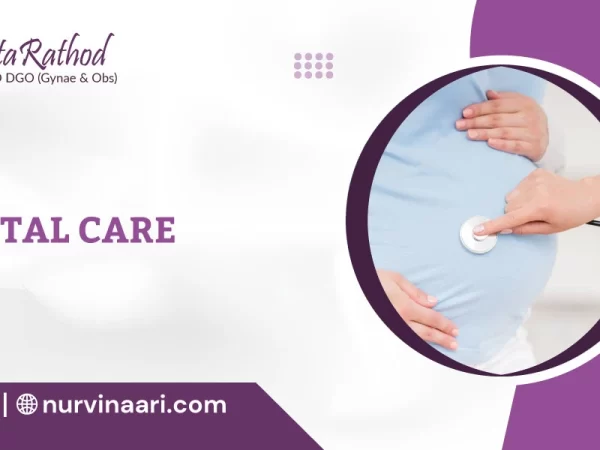Pregnancy is one of the most beautiful phases in a woman’s life. The thought of a human growing inside of you can get a little overwhelming at times. As exciting as it sounds, pregnancy includes morning sickness and a lot of precautions. From the food you eat to the daily routine, everything can have an impact on the fetus.
The ladies go through multiple changes during the pregnancy phase. Being healthy both physically and mentally is extremely important for pregnant women. Surprisingly, your pregnancy routine doesn’t need to be different from the regular routine. As long as you eat healthy food and focus on your mental health, rest assured you will have a healthy pregnancy.
The Gynecologist will develop a proper precaution list for f 1st, 2nd, and 3rd trimesters. They will tell you the dos and don’ts during different phases of pregnancy. Here, we have mentioned a few precautions every pregnant woman must consider.
Rest and Relax
The first semester is the most challenging phase of your pregnancy. It is common for women to feel nauseated, sluggish, and tired all the time. Morning sickness is absolutely normal. Your body needs plenty of rest during this time.
Avoid all forms of weightlifting and other exercises that can put pressure on your lower belly. Include a lot of healthy fruits, veggies, protein, and fiber in your diet. Your physician might recommend folic acid or vitamin supplements in the early stages of your pregnancy. Make sure you stay hydrated.
Some women experience mood swings from the body changes, but it is normal. Discuss your mental and physical health with the Gynaec. Try to get as much rest as possible.
PCOS and Pregnancy
It is hard for women suffering from PCOS to conceive. Even if you get pregnant, chances are you are going to have complications in your pregnancy. Studies suggest that women with this health condition are more likely to miscarry than normal women.
You can visit a PCOS specialist for regular check-ups. Based on your child’s gestational age, the gynecologist will discuss the risk and complications with you. Many women do not discover this condition until they try to get pregnant.
Avoid Alcohol, Smoking, and Caffeine
Ectopic pregnancy and premature labor are quite common among women who smoke and drink alcohol. An unhealthy lifestyle can affect the growth of the fetus. Never drink alcohol in the first 12 weeks of your pregnancy. There is a high chance it can lead to miscarriage. You should try to avoid alcohol until you deliver the baby. Similarly, excessive caffeine makes you sick. Of course, you don’t have to give up caffeine completely, but try to limit the amount. If the doctor suspects ectopic pregnancy and pelvic inflammatory disease, they may recommend laparoscopic surgery to detect the cause of the issue.


Comments are closed.